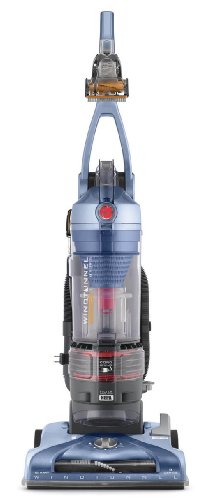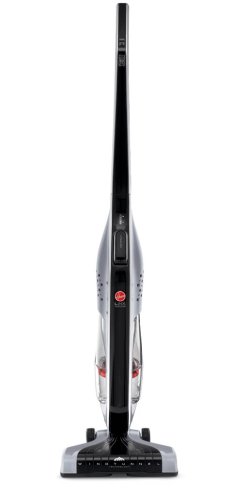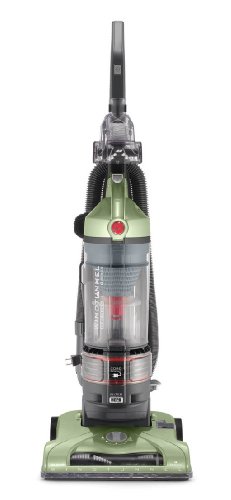When the power is out and there is a great need to keep thing moving and working, you have to resort and prepare your portable generator.
Portable generator is commonly used as a temporary source of power for emergency after calamity like hurricane or tornado. The portable generator keeps machines and lights going if there is a need for rescue and retrieval especially during nighttime.
However, when used improperly, portable generator might be hazardous to people. This is why, it is a great responsibility to keep portable generator use in the right order.
There are 4 eminent hazards that can be imposed by portable generators:
1. Carbon monoxide CO release from the generator's exhaust,
2. Fires that are commonly caused by improper refueling,
3. Electrocution or shocks caused by wrong connection or improper use of power to generate other devices, and
4. Vibration and noise hazards.
Carbon monoxide is a kind of gas that is toxic. More often than not, people died from carbon dioxide suffocation because of its undetectable nature. Unlike other gases, carbon dioxide is colorless and odorless that makes it more impossible to detect.
To avoid carbon dioxide poisoning, keep the portable generation in places where there is proper ventilation. Never place it on close spaces like rooms, basements, or garage. Never place it beside windows, doors, or near openings where people might be staying. Keep in mind that open windows or doors do not guarantee the prevention of carbon dioxide build up if in case you run it indoors. Portable generator can also enter open doors or windows even if it is running outdoor. If anyone experiences symptoms of carbon dioxide poisoning including dizziness, nausea, headache and tiredness, keep the person on open area where he can get fresh air.
Generators are like car engines. And when engines run, they get hot. Same as generators do. But unlike car engines, you cannot refuel generators while running or even shortly after they are shut down because they remain hot for a long period of time. Let the generator cool down for a while. Refuel it if the temperature is safe. Fire also occurs even before your intention of refuel it. This refers particularly when your gasoline containers are located near or beside the generator. As was said, generators produce heat. The heat could affect the temperature of the fuel if placed beside the generator. Keep the fuel containers nowhere near the generator or in any place it could absorb heat. And keep heat-generating devices away from the fuel.
Consider generators like your ordinary power source. Since generators lack safety devices such as circuit breakers and transformers, they are more harmful if in case you happen to get electrocuted. To avoid this from happening, keep every connection clear and clean. Avoid tangling or unnecessary and unsafe connections. Never ever let your generator work under the rain. Keep the generator dry as much as possible. Use canopy for cover in case it rains. Never attempt to connect any devices barefooted. And never use wet electric devices under all circumstances.
Portable generators create noise and vibrate. As much as possible, keep it away from the center of the work place. If you happen to work near the portable generator, wear necessary ear protection.
With this set of advice, you can spare yourself and other people from the danger portable generators might inflict.





















